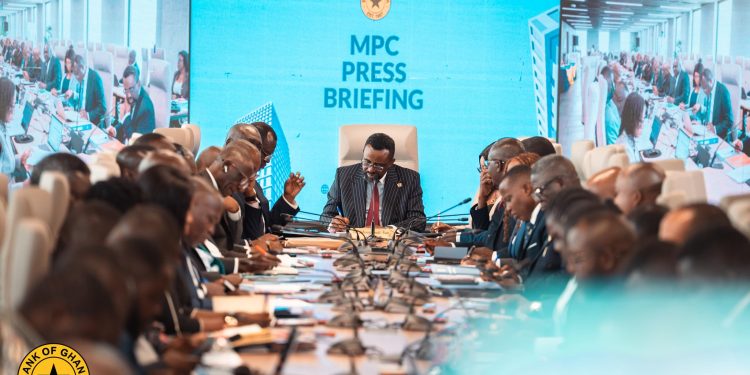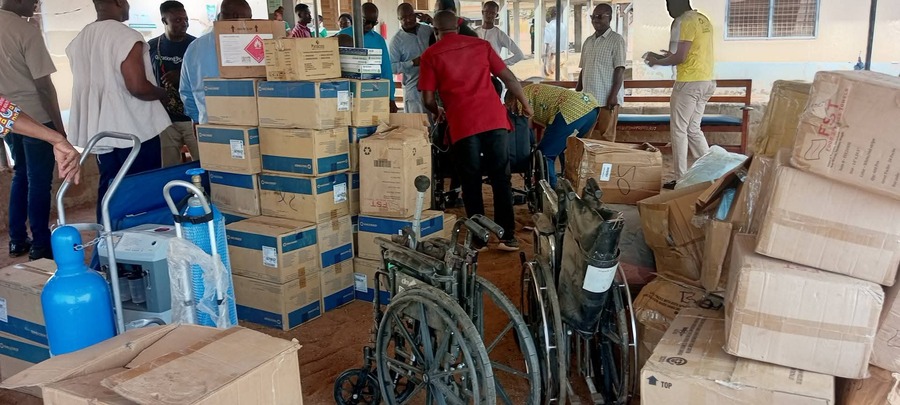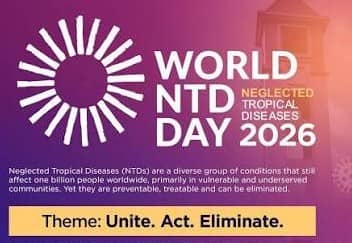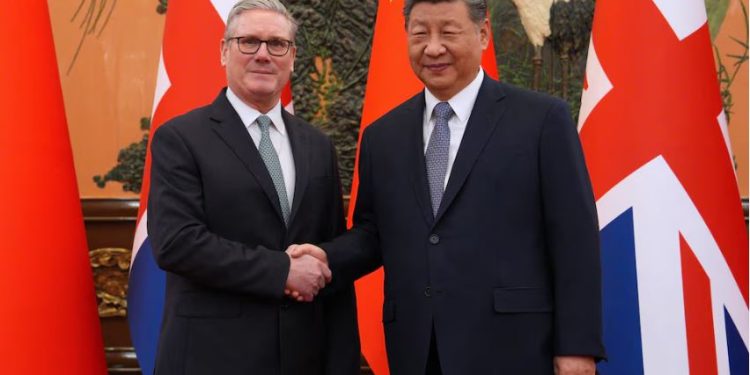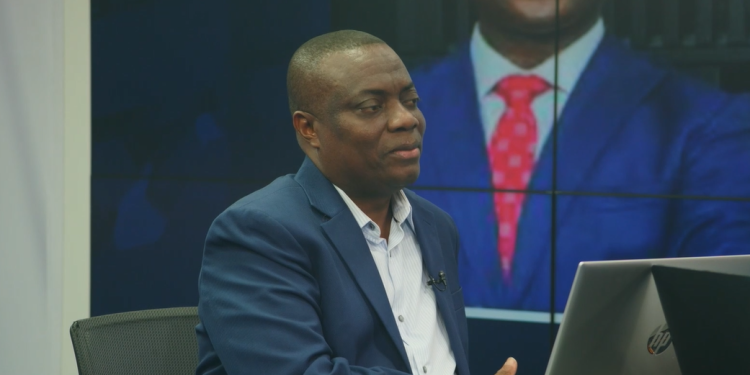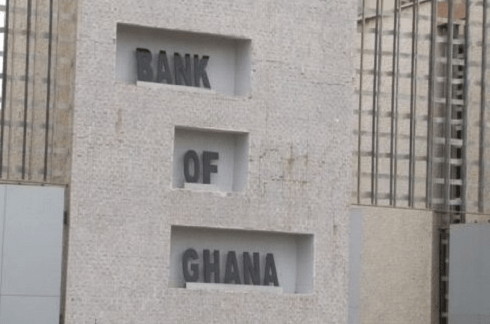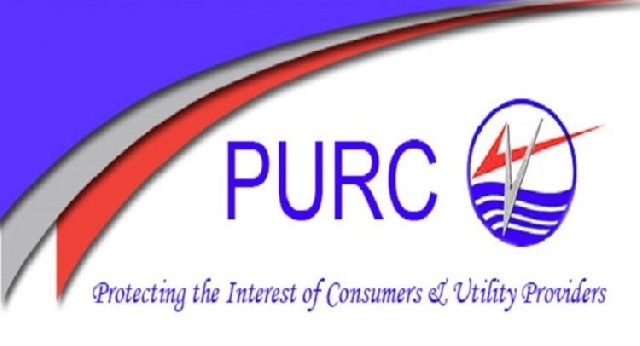The business landscape in Ghana is growing tense as the Food and Beverages Association of Ghana (FABAG) leads a chorus of criticism against the Public Utilities Regulatory Commission (PURC) over its proposal to increase electricity tariffs in the coming year.
In a strongly worded statement released in Accra, FABAG, supported by the Ghana Union of Traders Association (GUTA) and the Ghana Plastic Manufacturers Association, denounced the planned hike as “anti-business, anti-growth, and fundamentally flawed.”
The announcement sparked outrage among industry leaders, who argue that the current high cost of electricity is already choking the lifeblood of Ghanaian businesses. According to the associations, the pricing regime has become a major stumbling block for industrial growth, pushing many small and medium-scale manufacturers to the brink. For sectors that depend heavily on energy—such as manufacturing, cold storage, and food processing, the threat feels existential. Business owners fear that further tariff increases may tip them over the edge, forcing closures and job losses.
FABAG’s statement painted a grim picture of the future if the tariff hike proceeds. The association warned that as electricity becomes less affordable, illegal connections and electricity theft are likely to surge, creating an environment where honest business owners are penalized while rule-breakers prosper. The associations also accused the electricity sector of inefficiency and mismanagement, arguing that businesses and ordinary citizens are unfairly shouldering the burden of systemic losses and corruption.
Adding to their concerns, FABAG highlighted how the existing pricing structure makes local manufacturing less attractive and encourages imports, counteracting the nation’s push toward industrialization. With operational costs rising and competitiveness slipping, many enterprises are finding it difficult to survive.
Calling for a change in direction, FABAG and its partners urged the government and the PURC to reconsider the proposed tariff increases. Instead, they advocated for reforms focused on efficiency, transparency, and sustainable pricing, measures they believe would support, rather than stifle, economic growth.
Despite their frustration, FABAG reaffirmed its commitment to collaborate with the government and industry partners to ensure that Ghana’s power sector becomes a foundation for progress, not a barrier to it. The message was clear: for Ghana to achieve true industrialization, the needs of its businesses must come first.
Source: Apexnewsgh.com

